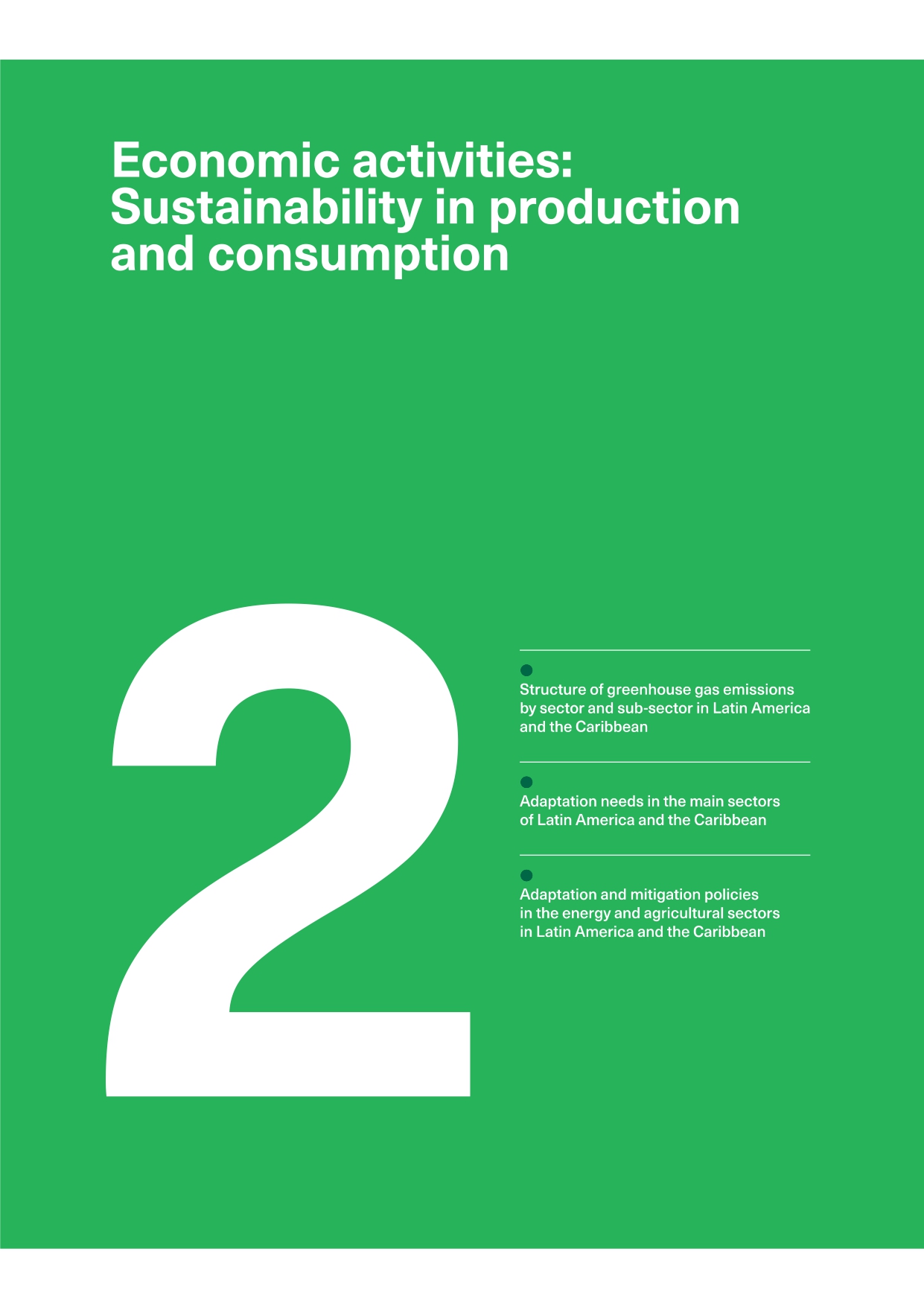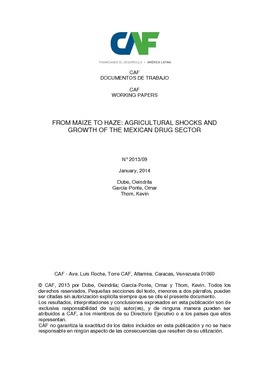Mostrar el registro sencillo del ítem
Illegal Migration and Weather Shocks: Evidence from Rural Mexico
| dc.contributor.author | Danza, Facundo | |
| dc.contributor.author | Lee, Eungik | |
| dc.coverage.spatial | México | es_ES |
| dc.date.accessioned | 2022-12-29T22:02:52Z | |
| dc.date.available | 2022-12-29T22:02:52Z | |
| dc.date.issued | 2022-12-28 | |
| dc.identifier.citation | Danza, F., & Lee, E. (2022, December 28). Illegal Migration and Weather Shocks: Evidence from Rural Mexico. Retrieved from https://scioteca.caf.com/handle/123456789/1993 | en_GB |
| dc.identifier.uri | https://scioteca.caf.com/handle/123456789/1993 | |
| dc.description.tableofcontents | We study the effect of weather shocks on legal and illegal migration from rural Mexico to the US. First, we find that shocks in the wet season on precipitation and temperature increase migration. The increment is entirely driven by illegal migrants. Second, we propose a mechanism to explain this result: the effect of weather on agricultural production. We find that shocks on precipitation and temperature decrease total harvested land and corn production. Third, we show that young and unwealthy workers are more sensitive to weather shocks. Lastly, we use climate projections to have a first glance on the impact that climate change will have on migration. We find that a shift of the size of climate change would double the number of illegal migrants. Since climate change will increase the frequency and intensity of weather shocks, our findings are increasingly relevant. | es_ES |
| dc.language.iso | en | es_ES |
| dc.subject | Agricultura | es_ES |
| dc.subject | Cambio climático | es_ES |
| dc.subject | Evaluación de impacto | es_ES |
| dc.title | Illegal Migration and Weather Shocks: Evidence from Rural Mexico | es_ES |
| dc.type | workingPaper | es_ES |
Ficheros en el ítem
Este ítem aparece en la(s) siguiente(s) colección(ones)
-
6.1 Documentos de trabajo en investigación socioeconómica
En esta colección se encuentran los documentos de trabajo sobre temas económicos y sociales prioritarios para la región.




